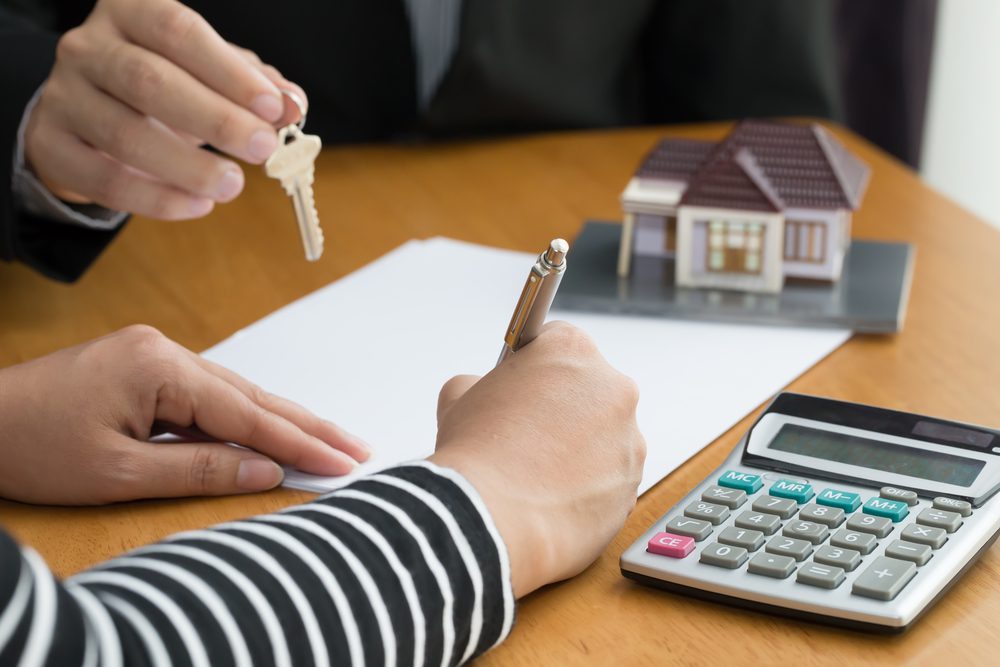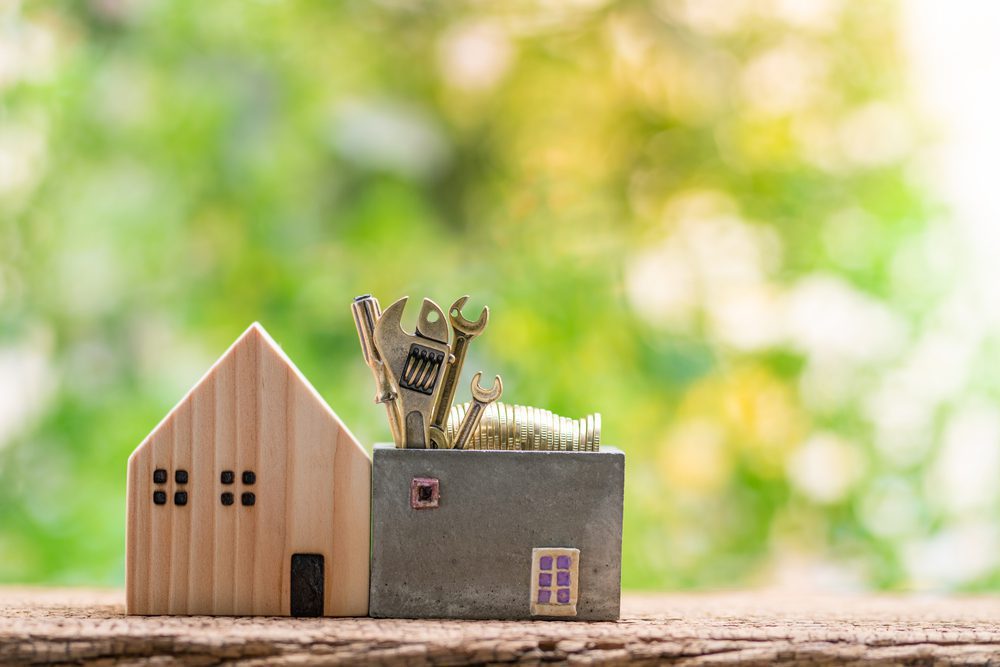Purchasing a house is a big investment and can be challenging. To make it easier, you need to listen to experts who can help you plan your finances accordingly. This will help you save money for your down payment, allowing you to reach your goal of completing your first house purchase. In this article, we’ll provide you with some tips and advice to follow when saving money for your first house.
1. Have a Budget in Mind
When saving up money for a house, it’s important to have a budget in mind. Determine how much money you want to save before purchasing your first house. This will help you understand exactly how much money you can put toward your down payment every month. Having a budget in mind will also give you a target date for reaching your goal.
2. Know if You Qualify for Programs With Lower Down Payments
As a general rule, people aim to put down 20 percent of the purchase price of the house. However, this amount can be tens of thousands of dollars and make it difficult to save up money. To make it easier, consider programs that may let you qualify for a lower down payment. Some options include:
- VA Loan: If you’re a veteran of the military, you may qualify for a VA loan, which allows you to purchase a house for zero percent down.
- USDA Loan: If you plan on purchasing a house in a rural area or using the land for specific purposes, you may qualify for a USDA loan, which is backed by the USDA and allows you to purchase a house for 0 percent down.
- FHA Loan: If you’re a first-time homebuyer, you may qualify for a first-time homebuyer loan under the FHA. Under this program, you may be able to purchase a house for as little as 3.5 percent down.
Consider all of your options before deciding where and how to take out your first home loan.
3. Reduce Your Utility Bills
Reducing your utility bills can help you save money for your first house. You may not realize just how much money you’re spending on utilities every month, so it’s important to find ways to cut costs. For example, consider switching from cable to a streaming service, which can save you more than $100 every month. Also, reduce the amount of energy your HVAC uses by adjusting your thermostat and turning off lights when you leave a room. By reducing your utility bills, you’ll have more money to save up for your home.
4. Avoid Impulse Purchases
Impulse purchases can add up quickly and take away from your savings for a house. To avoid impulse purchases, find ways to resist the temptation to buy shiny objects. By avoiding these purchases, you’ll have extra money to put towards your house every month.
5. Direct Your Savings to a Different Account
One common problem when trying to save up money for a house is spending all of the money in the account and then saving what’s left. To avoid this, save the money you need for your house first and then spend what’s left over. To ensure you don’t spend all the money in your account, consider directing your savings to a different account where you don’t see the money and aren’t tempted to spend it.
6. Improve Your Credit Score
Improving your credit score can put you in a better position to get approved for a home loan. You’re allowed to ask for one free copy of your credit report every year, which you should do to ensure there are no mistakes on your credit report. Correct any issues and work on improving
your credit score before applying for a home loan. The higher your credit score, the better your chances of being approved.
Final Thoughts on How to Plan Your Finances for Your First House Purchase
Saving money for your first house requires careful planning and preparation. By having a budget in mind, exploring programs with lower down payments, reducing your utility bills, avoiding impulse purchases, directing your savings to a different account, and improving your credit score, you’ll be well on your way to reaching your goal of becoming a homeowner. Don’t hesitate to reach out to an expert for help with planning your finances.




